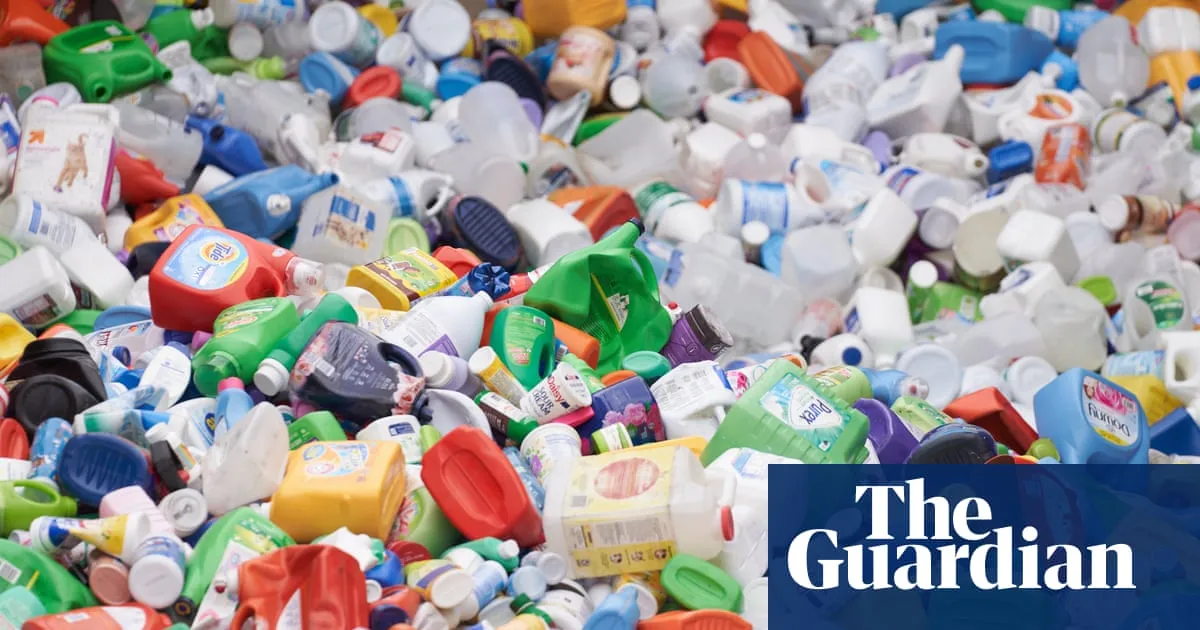
Recent research has unveiled an innovative method to utilize bacteria for converting plastic waste into essential painkillers. This groundbreaking discovery opens up the potential for a more sustainable process for producing drugs, particularly paracetamol, also known as acetaminophen. Researchers from the University of Edinburgh have found that the bacterium E. coli can effectively create paracetamol using materials derived from plastic bottles.
According to Professor Stephen Wallace, the lead author of the study, many individuals are unaware that paracetamol is traditionally derived from oil. “What this technology shows,” he explains, “is that by merging chemistry and biology in this way for the first time, we can make paracetamol more sustainably and clean up plastic waste from the environment at the same time.” This dual benefit highlights the potential of this research to address two pressing global challenges: drug production and plastic pollution.
The findings, published in the journal Nature Chemistry, detail how the research team discovered a unique chemical reaction known as a Lossen rearrangement. This process, previously unseen in nature, is biocompatible, meaning it can occur in the presence of living cells without causing harm. The team initially worked with polyethylene terephthalate (PET), a common plastic found in food packaging and bottles. By employing sustainable chemical methods, they successfully converted PET into a new material.
When the researchers incubated this PET-derived material with a harmless strain of E. coli, they observed its transformation into another compound known as PABA. This conversion process likely involved the Lossen rearrangement. Notably, while this rearrangement typically requires harsh laboratory conditions, the presence of E. coli facilitated the reaction spontaneously, aided by phosphate within the bacterial cells.
PABA is a crucial nutrient that bacteria require for growth, especially in synthesizing DNA. However, in this study, the E. coli strain was genetically modified to inhibit its natural pathways for producing PABA, compelling the bacteria to rely on the PET-based material instead. Professor Wallace expressed enthusiasm over the results, emphasizing their implications for waste management: “It is a way to just completely hoover up plastic waste.”
The research team took their investigation further by genetically modifying the E. coli strain again, inserting two genes—one from mushrooms and another from soil bacteria. This genetic alteration enabled the bacteria to convert PABA into paracetamol efficiently. Remarkably, the researchers reported that this engineered E. coli could transform the PET-based starting material into paracetamol in under 24 hours, achieving a low emissions output and a yield of up to 92%.
While additional research is necessary to scale up this process for commercial production, the findings present a promising avenue for sustainable drug manufacturing. “It enables, for the first time, a pathway from plastic waste to paracetamol, which is not possible using biology alone, and it’s not possible using chemistry alone,” said Wallace. This innovative approach not only paves the way for more environmentally friendly production methods but also contributes significantly to reducing plastic waste.